SAT Test-Taking Strategies You Need to Know
There are several things you can do if you need to improve your SAT score. The SAT can be a challenging test, so know the strategies that it takes to get the best possible score you can get.
We will give you the tools and tips on the best way to understand the different test-taking strategies you will need to know when it comes to test day.
[sat_one]
If you’re looking for better help, check out our SAT prep course and we will teach you the best strategies to be aware of.
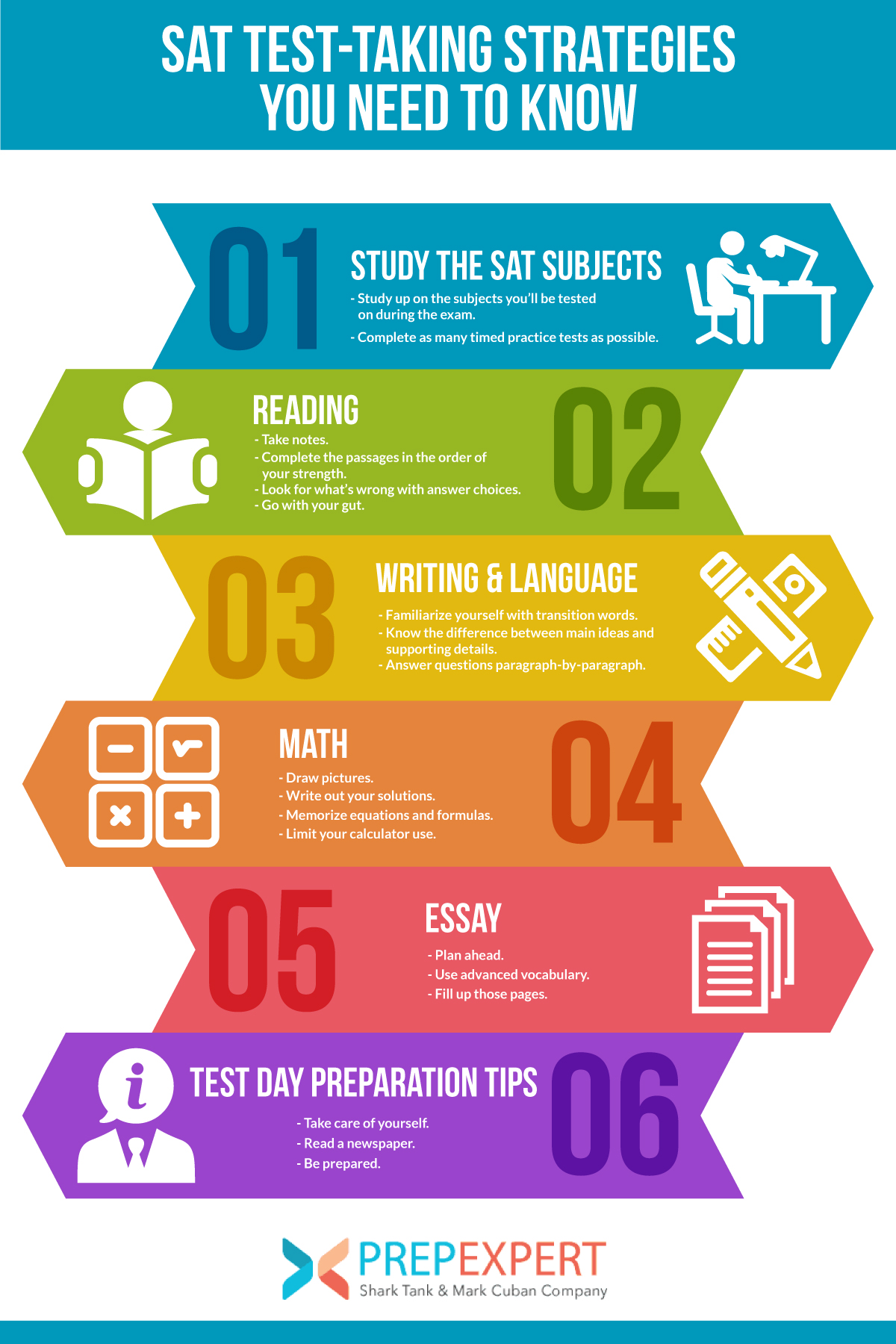
Study The SAT Subjects
One helpful tip is studying up on the subjects you’ll be tested on during the exam, such as the rules of grammar, coordinate geometry, and so on.
Look at the topics tested on the exam, and identify your weak spots. Then, study as much as you need to master these subjects. So long as there are SAT topics you don’t know, you’re not scoring your highest.
Another way to improve your SAT score is to complete as many timed practice tests as possible. There are six real SATs on the College Board website, and plenty of third-party test prep books with additional practice exams are available at bookstores and online. Use them!
Be sure to complete these exams in a quiet place, free of distractions. Practice tests increase your exposure to the different types of SAT questions and help eliminate your weak spots. Also, timed exams condition you to pace yourself adequately to finish each test section on time. The more practice tests you take, the higher you’ll score.
If you’re drilling specific exam sections, then don’t forget to give yourself a 5-10-minute break every hour or so. Use the restroom, get a snack, check your Instagram or Facebook account. Knowing that you have a break ahead will make it easier to keep your focus during study time.
There are also subject-specific strategies you can use to improve your score on each part of the SAT. I will review each of these strategies in the sections below!

[leadmagnet_five]
Reading
When approaching the Reading section, be mindful of these four tips that will help you cut down on time while answering the questions thoroughly.
Take notes. Lots of students underline parts of the passage as they read, but underlining is of limited use. It’s too easy to forget why you underlined something, or to absentmindedly underline so much of a passage that the underlining becomes useless.
But when you take notes, you process information as you read it, improving your understanding of the passage. Don’t write too much. Just jot down the main idea and two or three words about the topic of each paragraph. Then you’ll have a handy reference for when you start to answer the questions. This limits the amount of re-reading you’ll need to do, saving you time.
Complete the passages in the order of your strength. Are you better at natural science passages than social science passages? Are you best in literature? Rank the four subjects and complete your strongest passage first and your weakest passage last.
Then, if you run out of time—which is a possibility on the strenuously-timed Reading test—at least you’ll be left to guess on questions you were more likely to get wrong in the first place.
Look for what’s wrong with answer choices. Three out of four answers choices are wrong, so look for parts of these answers that aren’t supported by information from the passage. This will prevent you from wasting time trying to justify incorrect answer choices or second-guessing yourself and. Remember, if one part of an answer choice is wrong, the whole answer is wrong!
Go with your gut. Most of the time, your first instinct is right when it comes to the correct answer. It’s important to check and make sure your choice is supported by the passage, but don’t spend too much time worrying about what-ifs.
Most of the time you change your answer choice, you’ll end up regretting it. One way to guard against this mistake is to think of an answer in your head after you’ve read the question, but before you’ve looked at the answer choices. Then, choose the answer that most closely matches the one you came up with.
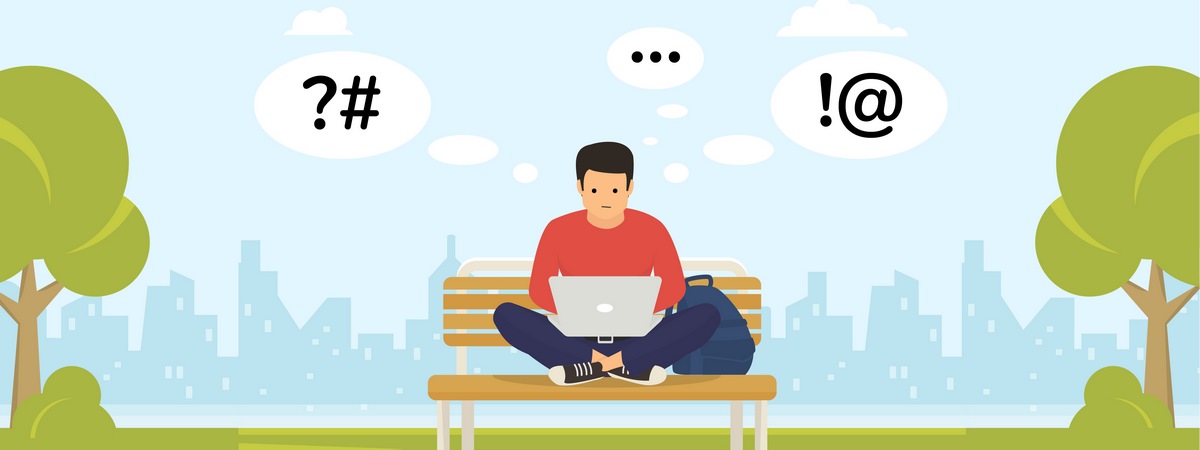
Writing & Language
Another section that has tripped up students hard in the past is the Writing and Language section; again though, focusing on the details that these following tips discuss will help you through it.
Familiarize yourself with transition words. Transition words connect sentences and paragraphs, provide transitions between ideas, and give passages structure and logical organization. These words also provide hints about where in a paragraph individual sentences should go, making questions about sentence order much easier to answer. The same concept applies to paragraph order questions.
Know the difference between main ideas and supporting details. The main idea of a passage or paragraph is the focus of that passage or paragraph and is referenced repeatedly throughout. Details are used to support the main idea and are mentioned only once or a few times. Understanding this difference will make it easier to answer the command of evidence and expression of ideas questions.
Answer questions paragraph-by-paragraph. Many of the questions on this section of the exam require you to know the main topic of the paragraph it’s featured in. If you read each paragraph in full and then answer the associated questions, you’ll always know what a paragraph is about before you answer these main idea questions.
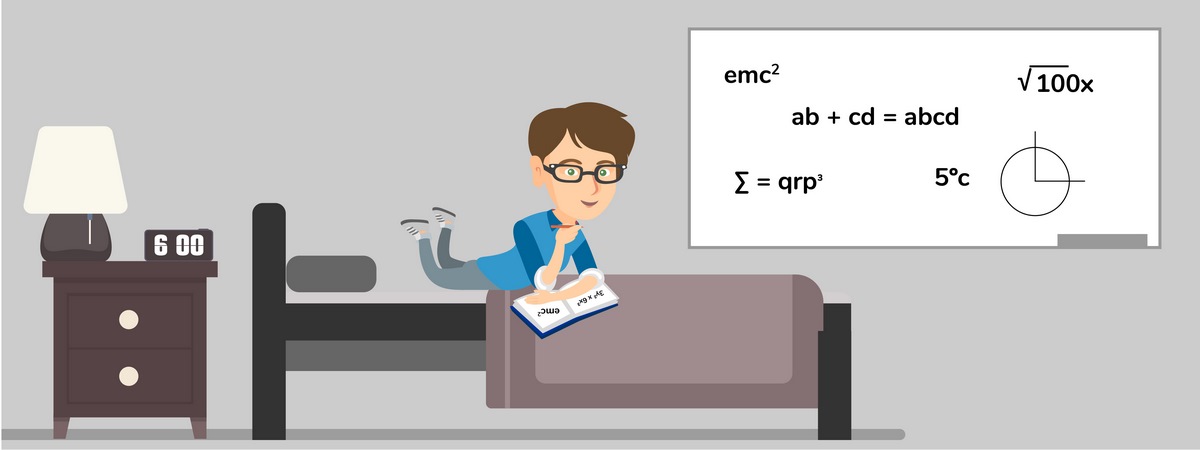
Math
Few people like math, even fewer like doing it without a calculator; on the SAT you will need to be able to answer some questions without calculator help. These tips will help get around that problem.
Draw pictures. Pictures make it easier to identify relationships between different pieces of information, helping you use what you already know to find what you’re looking for. For example, when solving a trigonometry problem, draw out the right triangle and label the side lengths and angle measures you’re given in the question. You’ll quickly see the steps you need to take to solve the problem. You might even notice a quicker way of solving it than you had originally planned.
Write out your solutions. You should solve problems step-by-step, keeping orderly, legible notes. If you don’t write out your solutions, it’s hard to check if you made a stupid mistake along the way. It’s also impossible to check your work at the end of the section if you don’t have any work to check!
Memorize equations and formulas. Although the SAT provides a few formulas at the beginning of the Math sections, it’s best if you know them on your own. Not only will this save you time flipping back and forth to the beginning of the sections, you’ll have more confidence as you solve problems, limiting the effects of test-day anxiety.
Limit your calculator use. Use your calculator as needed on the Math with Calculator section, but don’t become dependent on it. The more types of problems you can solve by hand, the stronger your understanding of the Math topics, and the more confident you’ll be on the day of the exam. This will make you less prone to make the types of mistakes caused by inputting the wrong thing into your calculator.
[sat_two]
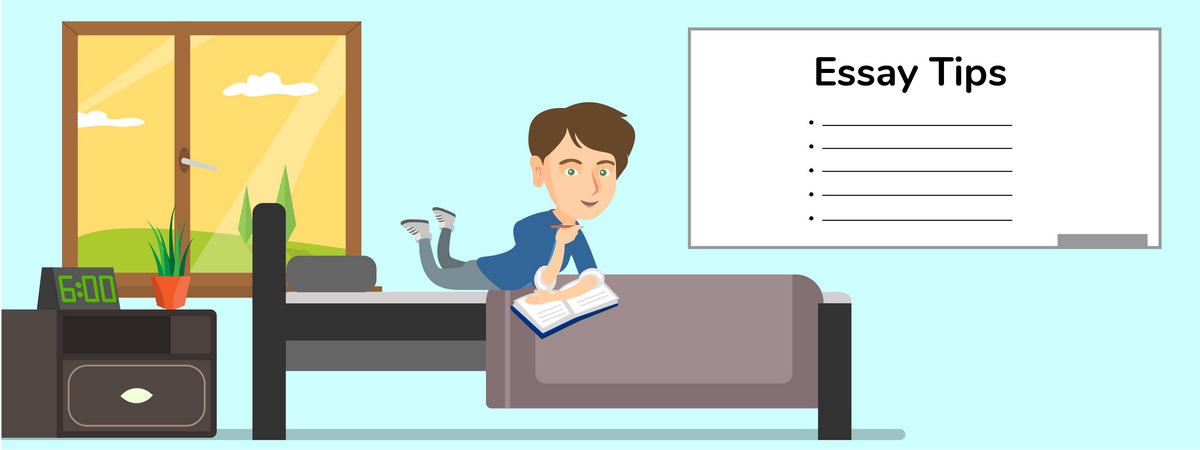
Essay
Perhaps the most asked about SAT section we talk to students about is the essay section; stop worrying, there are strategies to make it manageable for you.
Plan ahead. Use the first few minutes of the essay section to brainstorm and outline your argument. Outlining gives you a guide for what information to put in each paragraph, and prevents you from going off on tangents and running out of time.
Use advanced vocabulary. The harder vocabulary questions have been taken out of the multiple-choice section of the SAT, but the graders still want to see that you have a strong vocabulary. Show them by using two or three advanced vocabulary words per paragraph.
Fill up those pages. SAT graders only have a few minutes to look at your essay, which means they rely on somewhat superficial markers to evaluate your performance. One of these markers is page length. Research has shown that longer essays receive consistently higher scores than shorter essays. You should aim to fill in 2-3 pages. And be sure to write neatly! If the grader can’t read what you wrote, it’ll hurt your score.

Test Day Preparation Tips
There are a few things you can do the day before, and on the day of the exam to improve your score!
Take care of yourself. Give yourself a day off before the exam, and get a full night’s sleep. In the morning, eat a good breakfast. And don’t drink coffee or take medication if you haven’t used it before. You don’t know how it will affect your body and brain.
Read a newspaper. This way the test won’t be the first thing you read that day, giving your brain some time to get going.
Be prepared. Have a set of your favorite pencils sharpened the night before the exam. Pack yourself a snack. Make sure your calculator has new batteries, and get a wristwatch so you can keep time yourself. You don’t know where in the testing center a clock will be, and the proctors will make few time announcements. So don’t leave anything to chance. Getting this stuff done the day before will reduce the amount of stress you’ll feel on exam day.
Remember, this isn’t life or death. Inflating the importance of the exam in your head will make you anxious, which can have a detrimental effect on your score. Of course, the SAT is important, but you can always retake the exam if something goes wrong, or if you don’t get the score you want and need to study more.
Getting into college is a marathon, not a sprint, and the SAT is just one part of it. More importantly, your score is not who you are! These are just a few of the ways you can improve your SAT score. Prep Expert has plenty more strategies and tips for SAT success, so visit the blog again soon for more, and check out our classes and one-on-one tutoring offerings, as well.
[sat_three]
For more test strategy, college admissions, and scholarship application tips sign up for our FREE class happening right now!
Written by Dr. Shaan Patel MD MBA
Prep Expert Founder & CEO
Shark Tank Winner, Perfect SAT Scorer, Dermatologist, & #1 Bestselling AuthorMore from Dr. Shaan Patel MD MBA
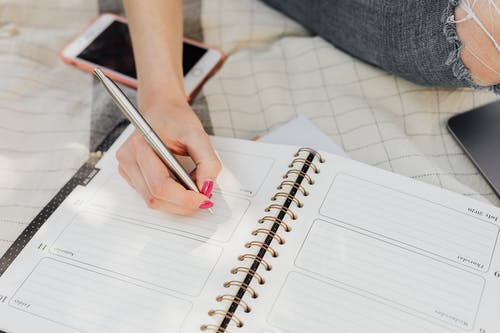
How to Get Into Stanford: Breaking Down Stanford Admission Requirements in 2024
Applying to college is overwhelming no matter what schools are on your list, but you might find yourself sweating a…
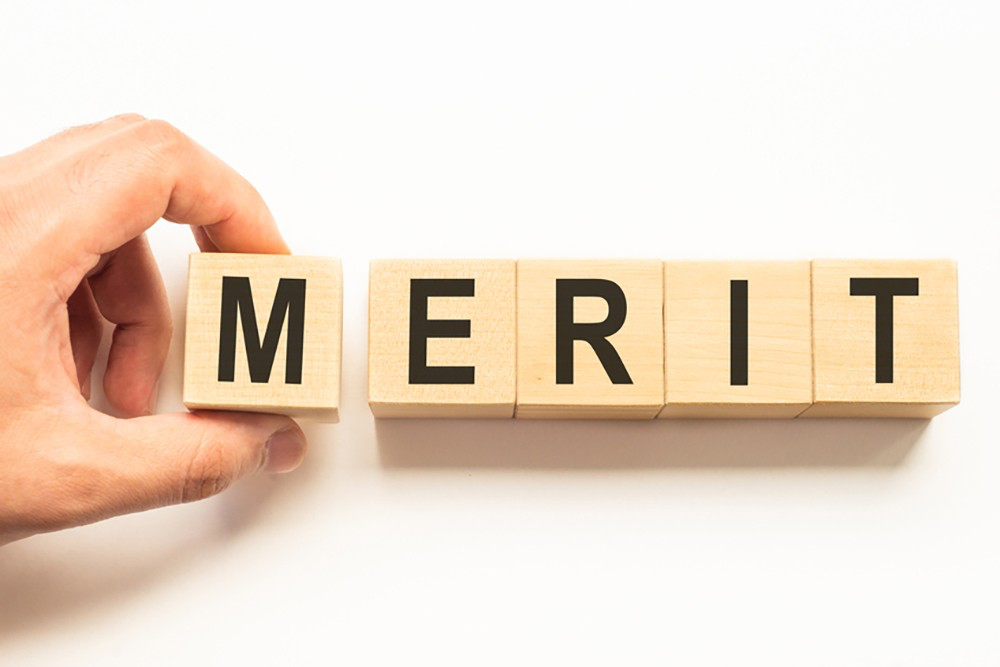
Why DEI is Destroying Meritocracy and How MEI Can Save Us
In recent years, Diversity, Equity, and Inclusion (DEI) initiatives have become a cornerstone of many corporate and educational policies. While…

Should I Take an SAT Prep Course?
If you’re getting ready to take the SAT soon, you might be wondering whether or not you should enroll in…